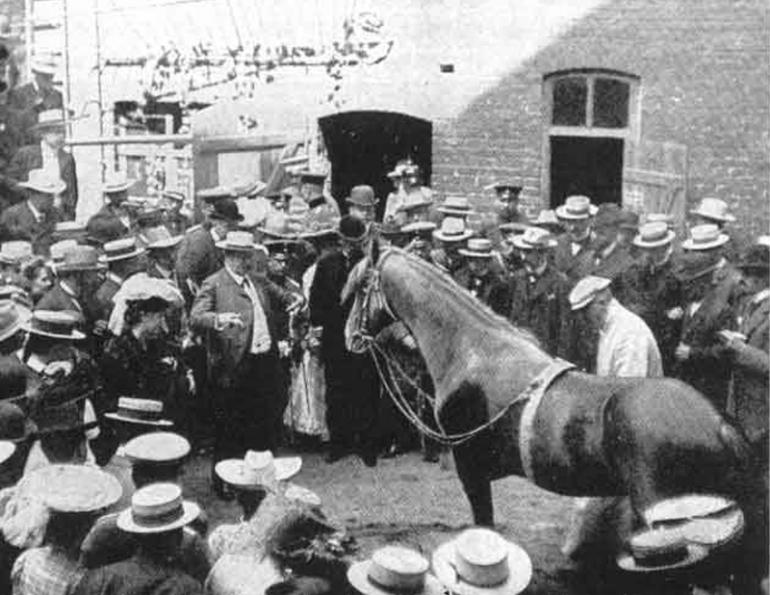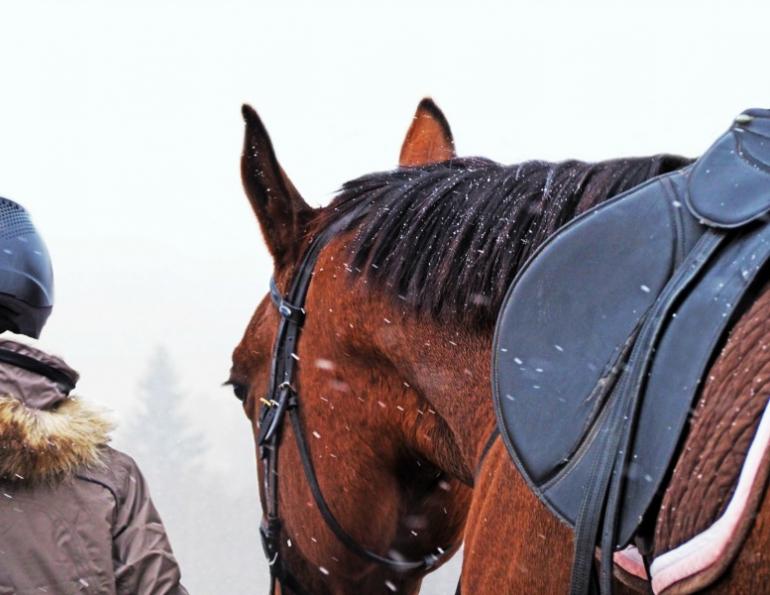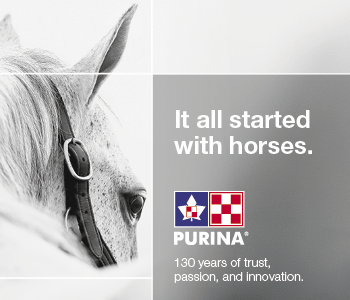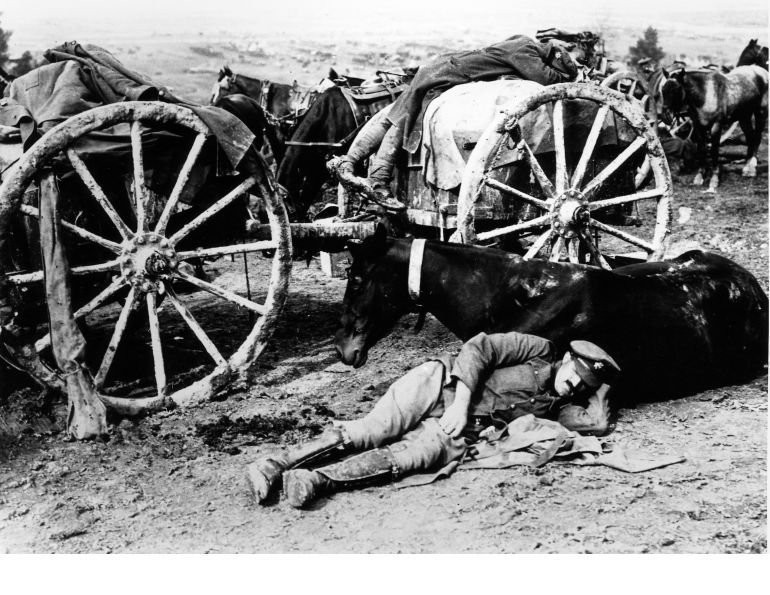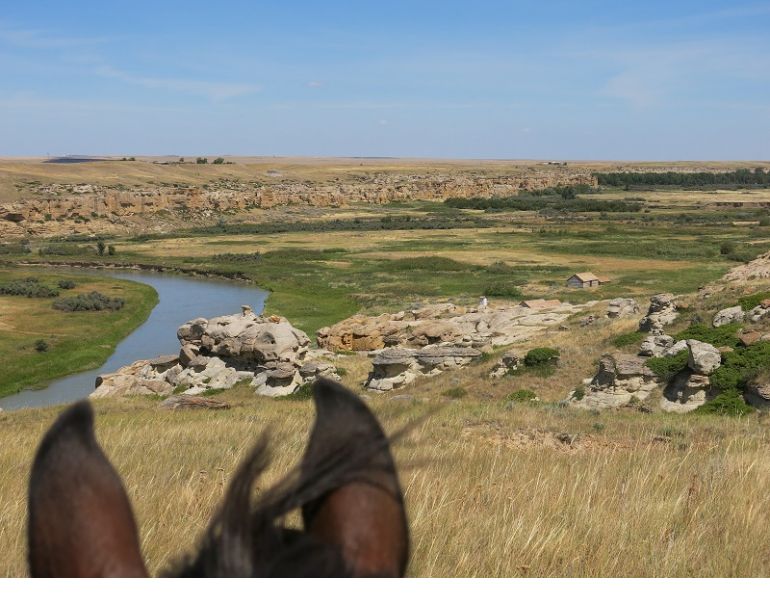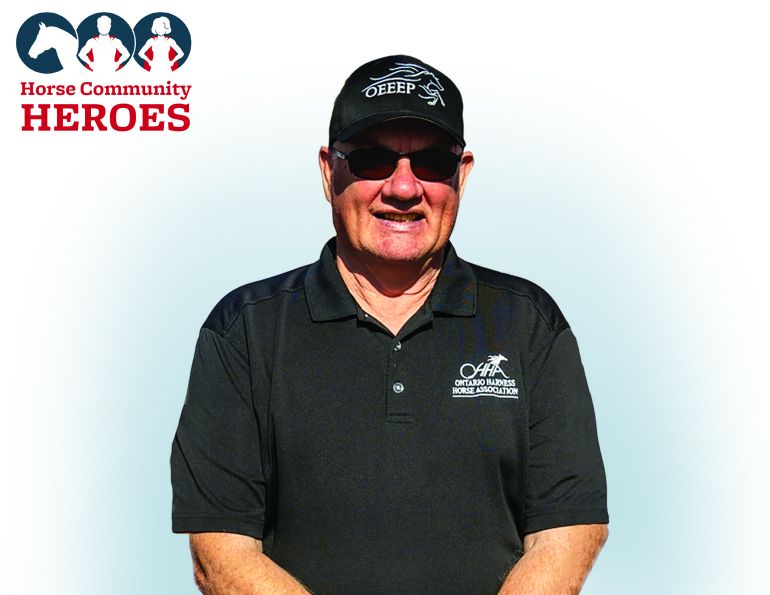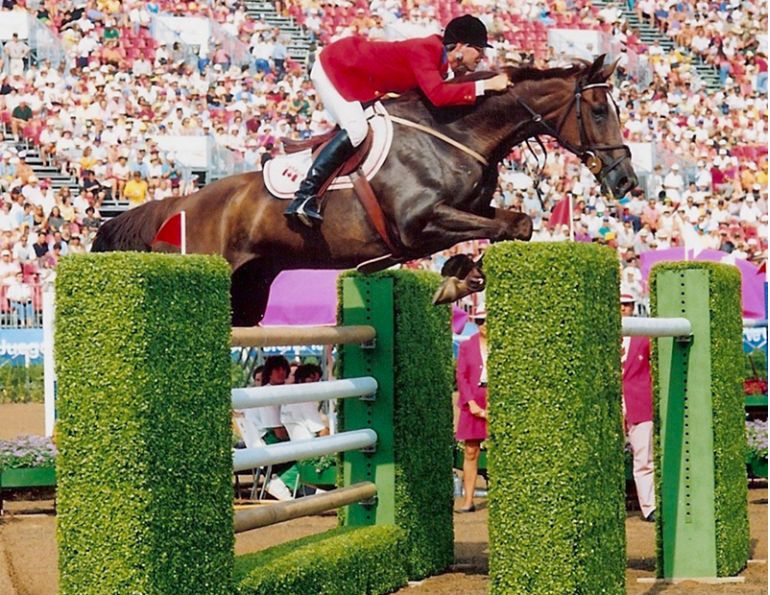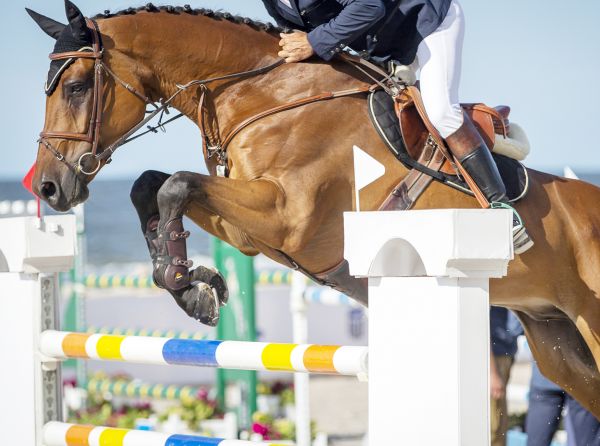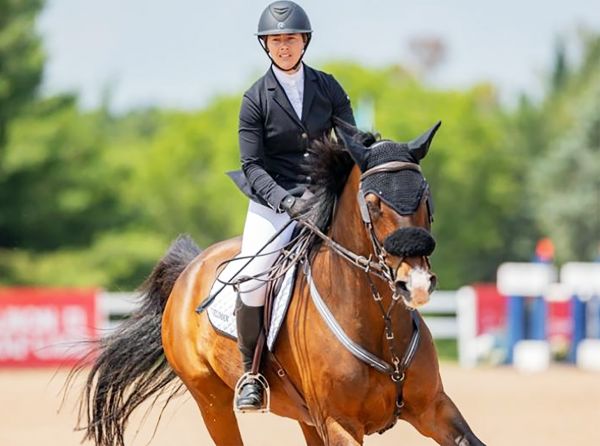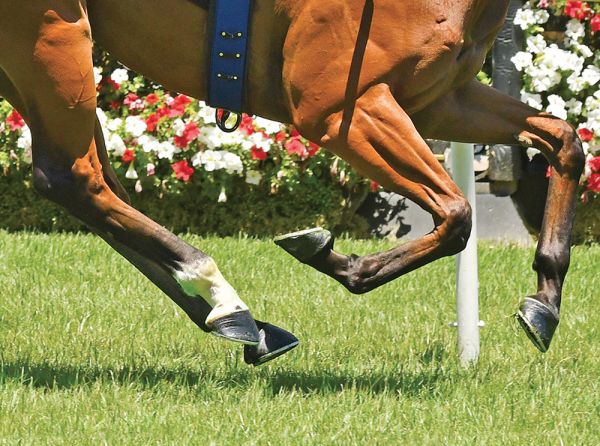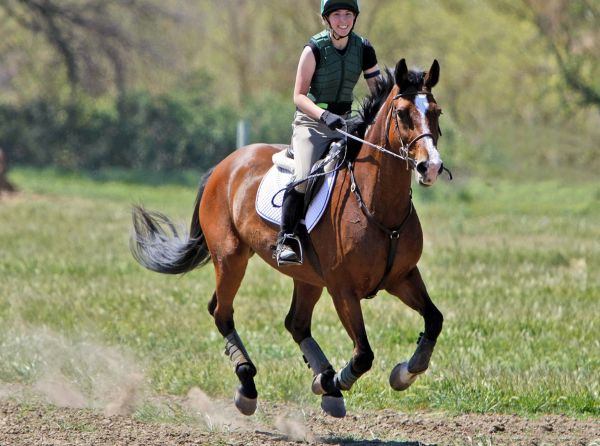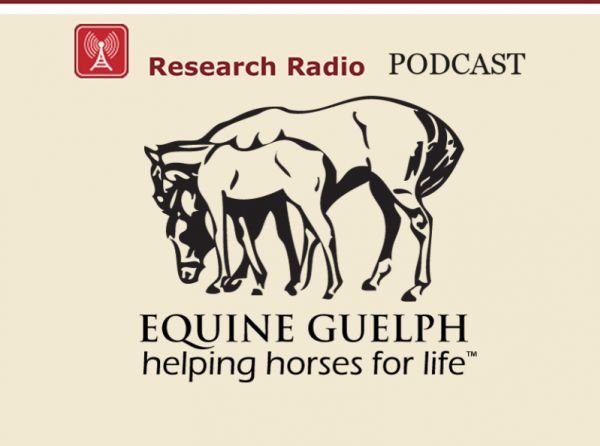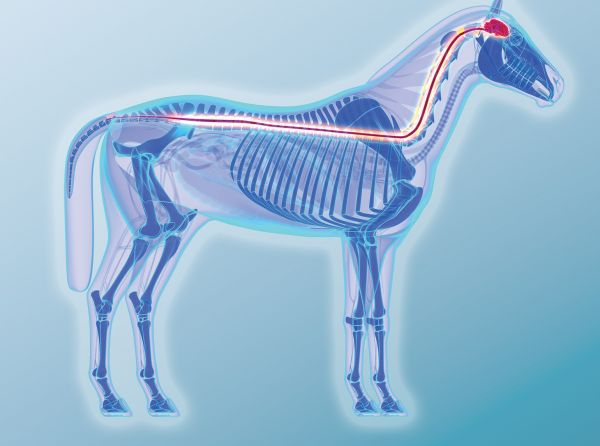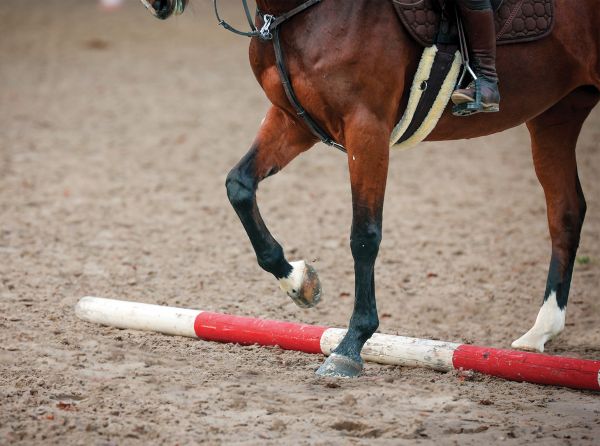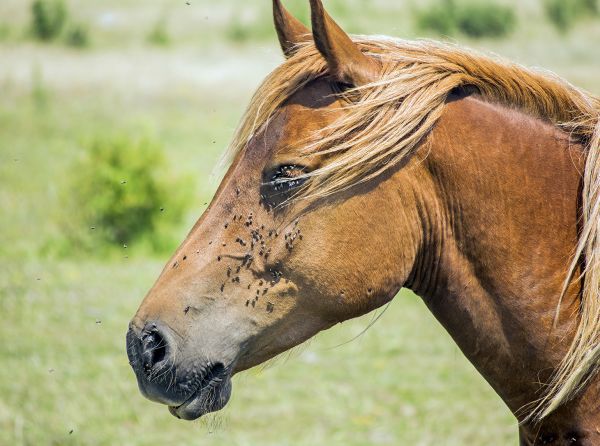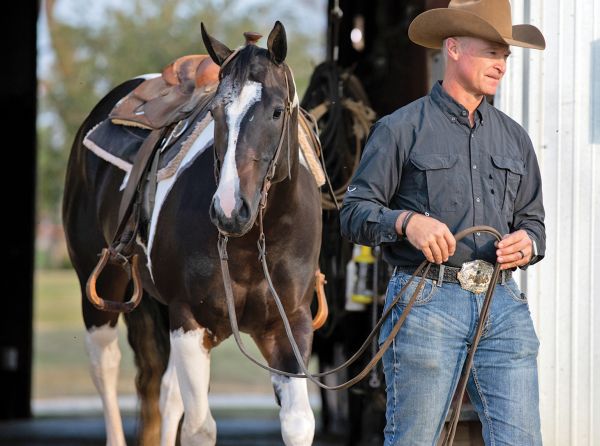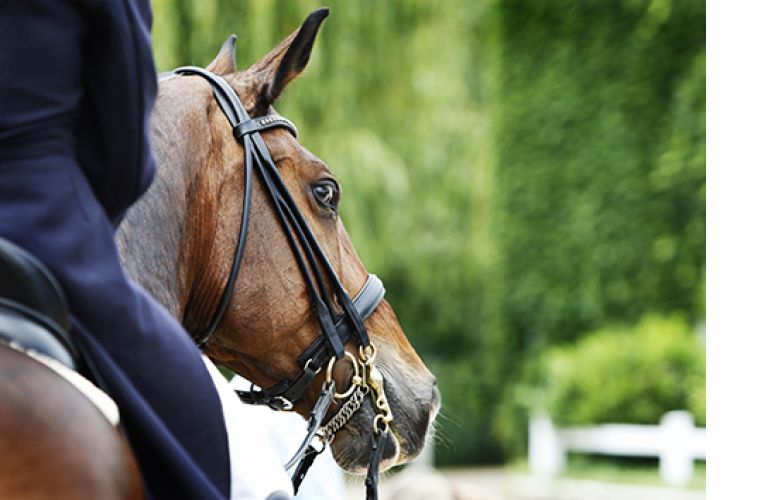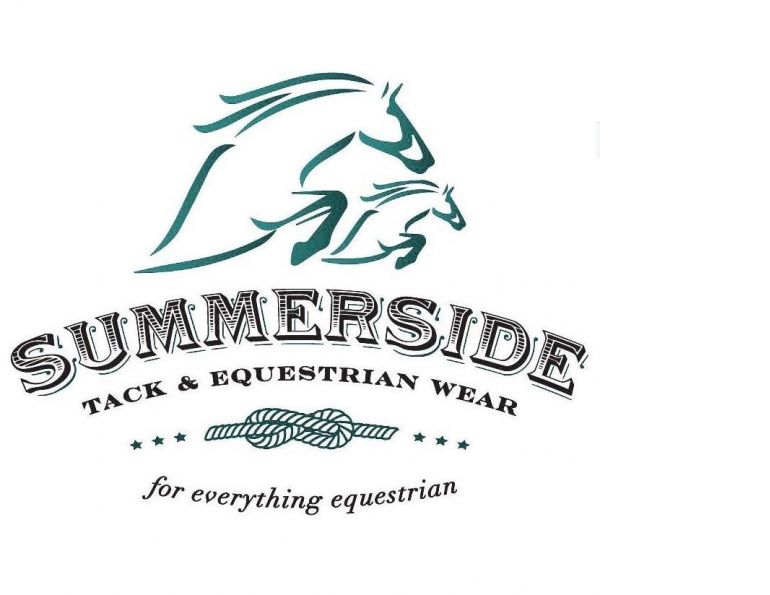Clever Hans
In the late 1800s, a German high school mathematics instructor and amateur horse trainer, Wilhelm von Osten, had a horse that he claimed was able to perform arithmetic and other intellectual tasks. Clever Hans, an Orlov Trotter, was said to have been taught to add, subtract, multiply, divide, work with fractions, tell time, spell, read, and understand German. Questions were asked orally and in writing, and the horse answered by tapping his foot.
Von Osten exhibited Hans to large and enthusiastic crowds throughout Germany, never charging admission. In 1904, The New York Times reported on the horse’s amazing abilities.
The German board of education appointed philosopher and psychologist Carl Stumpf to investigate von Osten’s scientific claims. He formed the Hans Commission, a panel of 13 people who concluded that no tricks were involved in the horse’s performance.
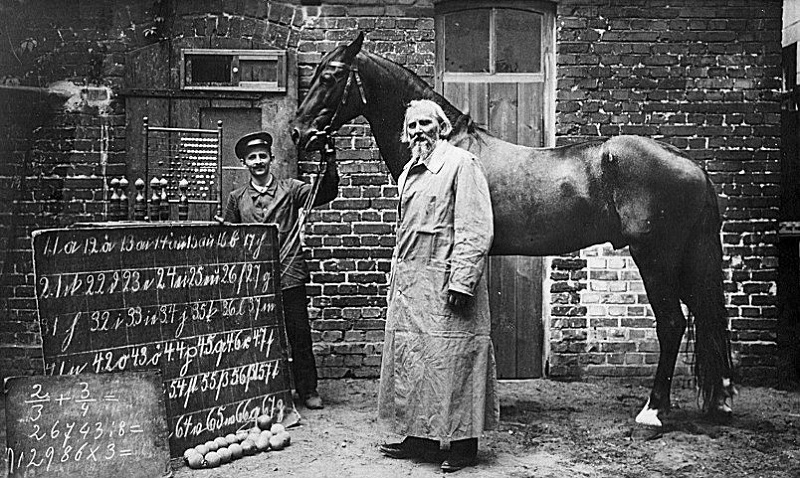
Wilhelm von Osten and Clever Hans.
A formal investigation in 1907 by psychologist Oskar Pfungst demonstrated after many trials that the horse could get the correct answer even if von Osten did not ask the questions, and got the right answer 89 percent of the time when von Osten knew the correct answer and the horse could see him. When von Osten did not know the answers, Hans got the correct answer only six percent of the time.
When the questioner’s behaviour was closely examined, it showed that he made small involuntary postural and expression changes when the horse approached the right answer. The horse was watching the reactions of his trainer and responding directly to involuntary cues in the trainer’s body language rather than actually performing the mental tasks. The trainer was completely unaware that he was providing these cues.
The Clever Hans Effect is as likely to occur in experiments with humans as with animals, and continues to be important knowledge in the “observer-expectancy effect” and animal cognition studies.
What are you saying to your horse?
Related: Use of Tools by Horses
Main image: Clever Hans performing in 1904.



